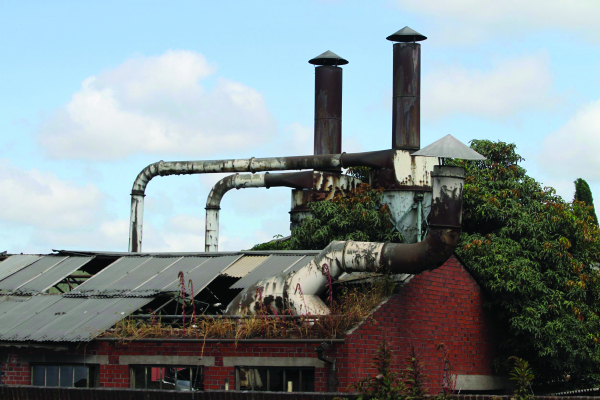
BY MTHANDAZO NYONI
ZIMBABWE’S industry has appealed to government to put in place import controls to protect local companies.
At a meeting organised by the Ministry of Industry and Commerce in Bulawayo last week, captains of industry said government should review the repealing of Statutory Instrument 122 (SI122) because allowing the status quo to continue would cripple their operations.
“I just want to point out the repealing of the SI 122. Yes, to some extent, we need to liberalise the economy, but in an economy that is in this state we absolutely may need some form of protection,” Confederation of Zimbabwe Industries Matabeleland chapter president, Joseph Gunda said.
“The reason why SI 122 was repealed, (according to my understanding), was to allow those with free forex to use it to import those basic commodities that were in short supply and the intention was also to ensure that prices go down. Has that happened? Our analysis shows that prices are still high, they have not gone down,” he said.
Gunda said they have seen some of the forex being used to import products that they locally manufacture.
“. . . . perhaps there is need for a policy review, where the policy is deemed not to be giving the right results and in particular SI 122. Our understanding is that it was supposed to be temporary, but I’m not sure the measure of the temporary, how temporary is temporary?
“. . . Minister (Industry minister Nqobizitha Mangaliso Ndlovu) we humbly request you to relook at that, can you sit down together and review the repealing (of SI122). We are not crybabies, we are not afraid of the competition, but let there be fair competition, even the ground for fair play. Competition, we are ready for it,” he said.
- Chamisa under fire over US$120K donation
- Mavhunga puts DeMbare into Chibuku quarterfinals
- Pension funds bet on Cabora Bassa oilfields
- Councils defy govt fire tender directive
Keep Reading
In response, Ndlovu said there was need to work on a more sustainable way of growing the industry.
“But first, we did not support it enough, we did not have clear targets, we did not have clear support mechanisms that will then ensure that we gradually move away from the kind of protection that we had. I also want to believe that our tariff regime is probably the highest in the region,” Ndlovu said.
“While there is scope to bring some of the products under import control, let us work on a more sustainable way of growing our industry. My belief is that if we promote usage of local factors of production, if we promote consumption of local manufactured products, if as government we incentivise the manufacturers that are prioritising local content, this becomes a more sustainable way, which — by the way, is even certified by World Trade Organisation as a means of protecting industries.”
Ndlovu said he was happy to interact and intervene “where I believe a particular product needs to be protected from importation for a specified period while as a country we achieve certain objectives.”
Zimbabwe National Chamber of Commerce Matabeleland Chapter vice-chairman, Brighton Ncube who also attended the meeting said smuggling was rampant at ports of entry and needed to be addressed because it was weighing on business.
“Locally produced goods are facing competition from smuggled goods, which are sold at a cheaper price on the market,” he said.











